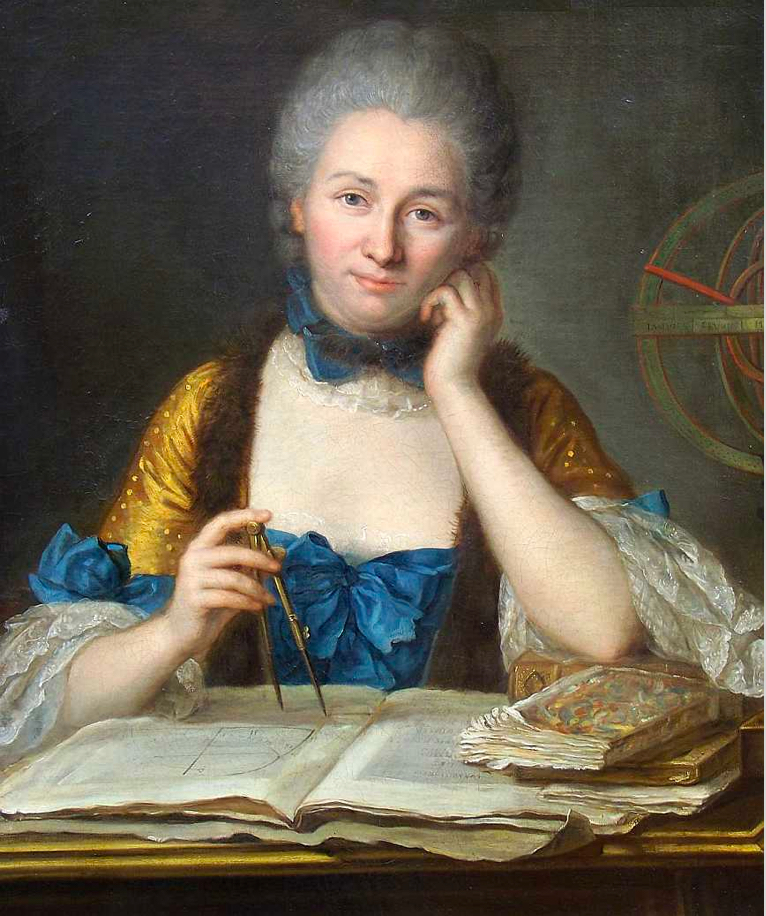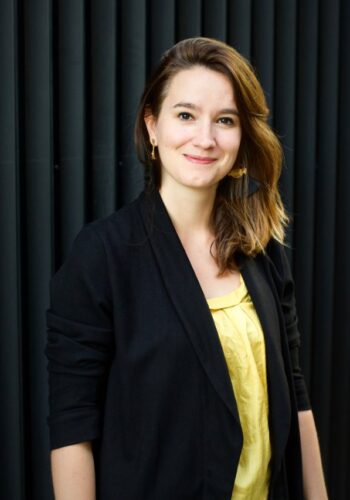Why a career in tech?
I always had a balanced profile, during my studies, loving literature, and sciences alike. But when I had to make a choice, I was attracted by the transformation power allowed by science. I was convinced that becoming a scientist would allow me to treat diseases, create new sources of energy, etc…
Your professional experience?
I am an ESPCI Paris engineer, an engineering school based in Paris. It is a generalist school but a very scientific one : 70% of students are preparing a thesis after their engineering graduation. I specialized in “wave physics” then I did a master on Innovation in Neurosciences in order to work on the interface between neurosciences and physics.
Your first experience with technology?
It was actually my first experience in the context of industrial scientific research: I spent 6 months in Japan at NTT Basic Research Lab to work on the improvement of invasive Brain-Machine Interfaces. I worked on the surfaces coating of electrodes implanted into the brain to improve communication between neurons and computers.
What do you do today, and why?
I am the founder of SoScience and I am actively working to allow research and innovation to have a decisive impact on society. This first experience and the following ones in research and industry drove me to deep dive on research management and valorisation: I realised that the research management system, obsessed by the economic impact, is not anymore relevant. As a young scientist, I felt that such an approach was not adapted to the modern challenges: climate change, limited or depleted resources, demography, skepticism increase, etc. We need to rethink the way knowledge and technics are produced, consistent with the needs of the world to come.
Your strengths in this role?
SoScience is the first European company specialized in « responsible research and innovation » – RRI. We were pioneers and we built the first ecosystem on this topic. I am an expert for the European Commission, and I participated to draft the framework for corporations since 2012, at a time when nobody believed in it ! My assets are my expertise, my commitment and of course my perseverance. Thanks to these assets, SoScience has now a significant legitimacy as well as strong scientific networks, and is connected with the social impact network that support us.
Past challenges, failures and disappointments?
At the beginning, the adventure was very lonely : at that time, most of industrials and research institutes considered they were at the forefront of sustainable development and they thought they didn’t need any support. They ignored that responsible research and innovation is moving far beyond. Even today very few people implement responsible research and innovation, although it is a key element to facilitate their own transition!
Best moments, successes you’re proud of?
It is when your partners or customers acknowledge the progress that they are doing thanks to us to the extent of becoming as well committed or even activists, for the common good! Thus, when Perrier (Nestlé group) publicly announced their intention to invite all their competitors to join the initiative co-created with SoScience on packaging, I felt proud of the way forward.
People who helped, influenced -or made your life difficult?
Two women in the industry believed very early in me and in SoScience vision: Marianne Julien at Air Liquide and Claire Martin at Renault. They allowed us to launch our two first missions. Today, SoScience is much more known for the open innovation programs than for our consulting missions, but it set the tone for our today success and I don’t forget this. It is only thanks to such internal « champions » with strong values, that corporations can start to move.
Your hopes and future challenges?
After a first book, which set the foundations of RRI, published in 2017 (Science and Social Impact, Diateino Editions), I would like to write a new book on the scientific system, this time with a purpose of vulgarization towards the general public! The Heath crisis that we are experiencing this year and the way media report about it, drives me to think that citizens need more and more to know what is happening behind the doors of laboratories. They need also to reconsider sciences as a tool for democracies instead of being sceptic or afraid by the power of science.
What do you do when you don’t work?
I am back at the University, studying literature. I am completing a master’s degree in philosophy at Nanterre University. I am working on the statement’s capabilities of environmental pledge in our modern societies in a context of growing amount of techno-scientist pledges ; I am remaining close to my first passions!
Your heroes -from History or fiction?
Frida Kahlo, Maya Angelou and Hannah Arendt : strong women who never hesitate to transform their engagement into a creative force.
A saying or proverb you like in particular?
There are only two ways in a life: dream it ot make it.
A book to take with you on a desert island?
« 100 ans de solitude - One hundred years of solitude » - Gabriel García Márquez
A message to young female professionals?
Always follow your convictions, they will bring you to the future. Don’t hesitate to force people to listen to you. Those who don’t, are turning to the past.



